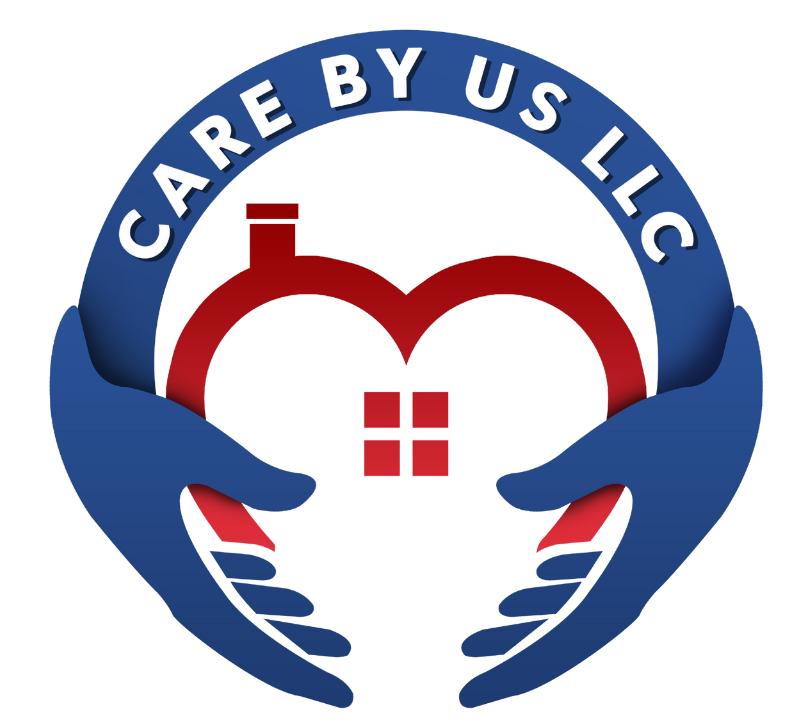

When care is needed day and night, Care By Us offers reliable, compassionate options that fit your lifestyle and medical needs. Whether it’s 24-hour rotating care or a live-in caregiver, our goal is to keep you or your loved one safe, supported, and thriving—right at home.


✔️ Don't see your city? Contact us to check availability
